
Deep Down Things
Nicodemus, Doug Weaver
Pentecost 2012 issue.
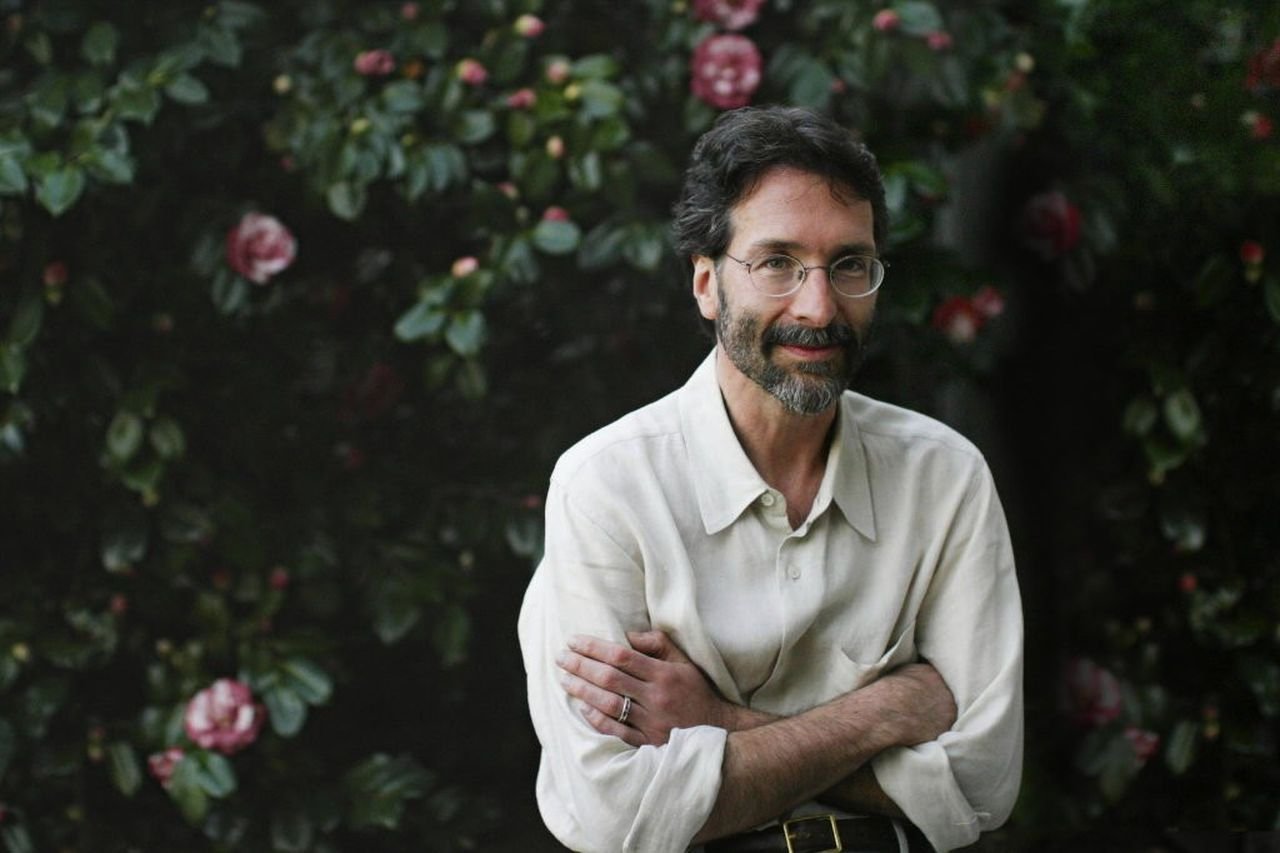
Let us reverently marvel
The Marvelous Works of Brian Doyle
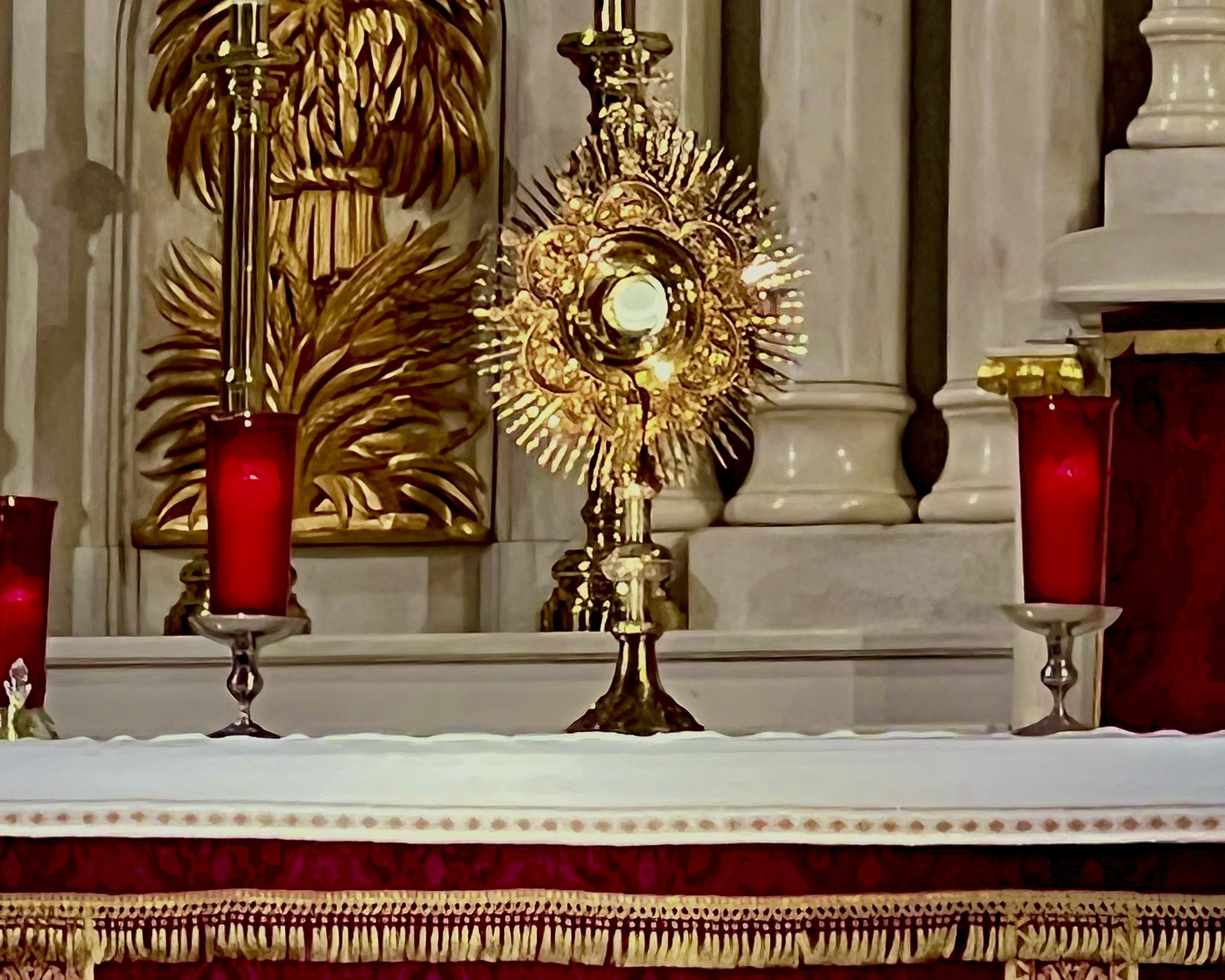
Sacred Art’s Mysterious Call to the Heart
Beauty creates a longing for transcendent realities. As poet Dana Gioia wrote in the essay quoted in this post of mine at Dappled Things Deep Down things blog, "art is mysterious. It reaches us in ways we don’t fully understand.”
This ability of sacred art to call our hearts and prepare our minds to receive truth is something we need to bring into the discussion as the Church ponders how to help the appallingly large number of Catholics who either were never taught or never believed or lost belief—for whatever reason—in the presence of Christ in the Eucharist.
A step forward for Deep Down Things
We’re pleased to announce that we are now able to compensate contributors to the Deep Down Things blog.

Friday Links
Friday Links with Seth Wieck on Dana Gioia’s new collection of poetry; Ted Gioia on The State of the Culture (2023); Anthony Esolen on Marty; and Sally Read on God and the Poet

Slouching toward Calvary
Dwight Lindley on the crucible of a Sunday afternoon walk with one’s children.
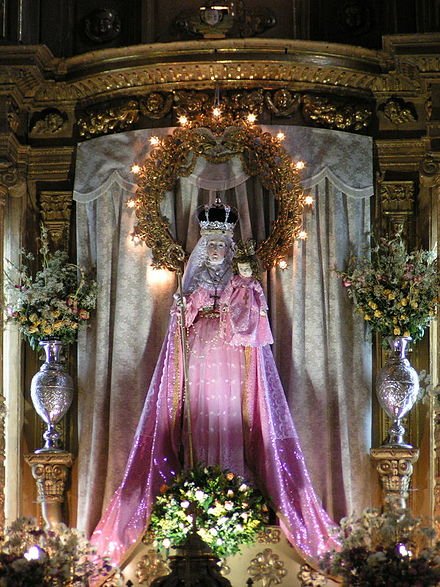
Friday Links
Check out our Friday Links with Sally Read, Ryan Wilson, Sally Thomas, Tessa Carman, Jason Baxter, and Norm Grondin

The year of Craigslist jobs
“Finding jobs on Craigslist felt a bit like online dating, which I’d never done. But I imagined it would be sort of disembodied and rootless , text alienated from context. And for these reasons, it leaves an impression on you, stirs up some nameless emptiness in your heart, like that of ghosts mingling in a graveyard.”

Friday Links
Al Sauls in Black Catholic Messenger: “How Sister Thea Bowman inspired me to Make Black Catholic art” and more in our Friday Links!

The dear tokens of His Passion
Anna Hultin gets honest about the birth stories of her children and the beauty and pain of motherhood when the delivery falls far short of the ideal.

Infinity Within
Sarah Freymuth with a beautiful meditation on the relation of the infinite to the finite.

Friday Links
“When You Pursue Me, World” by Rhina Espaillat and Sor Juana Inés de la Cruz
Attention and the Screen Sick Soul, by Steven Knepper, in Church Life Journal
Stay Awake: Death, Catholicism, and Yvor Winters from James Matthew Wilson
Phil Klay and Jacob Siegel discuss Stevens’ “Sunday Morning” and Hopkins’ “God’s Grandeur”
Joshua Hren in Front Porch Republic on Bernanos’ The Diary of a Country Priest

How Meter Is the Memory of Poetry
The deep silence of Mnemosyne is, like the breaths and heartbeats that keep us alive, ever-present, yet always in motion.
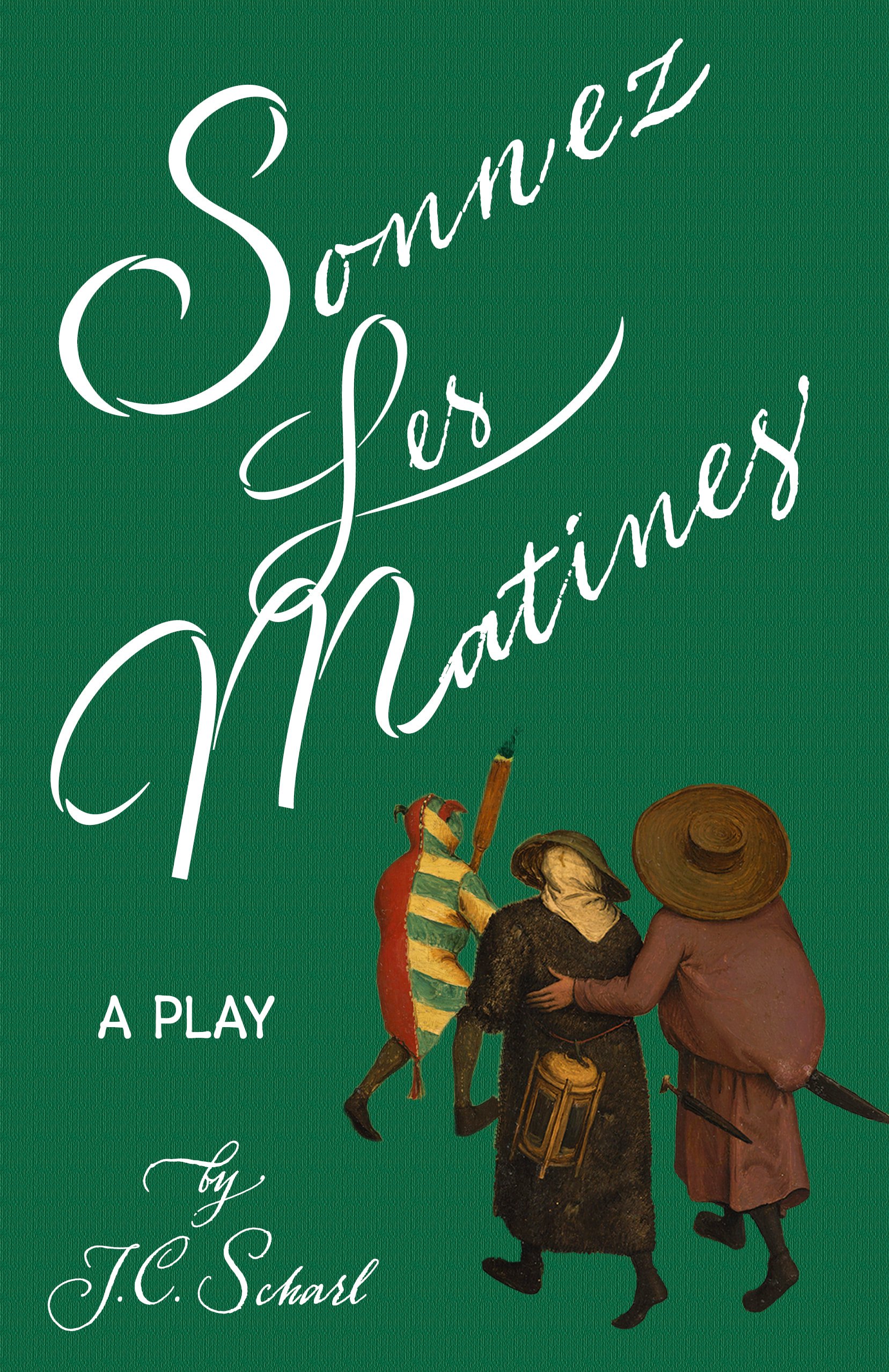
Friday Links
Joshua Hren reviews Cormac McCarthy’s two new novels, The Passenger and Stella Maris
Josh Nadeau on the Makers & Mystics podcast
Sarah Cortez interviews Phil Klay
Jenn Frey and Dana Gioia discuss Charles Baudelaire’s Les Fleurs du Mal
A new play from J.C. Scharl

The Lost Women
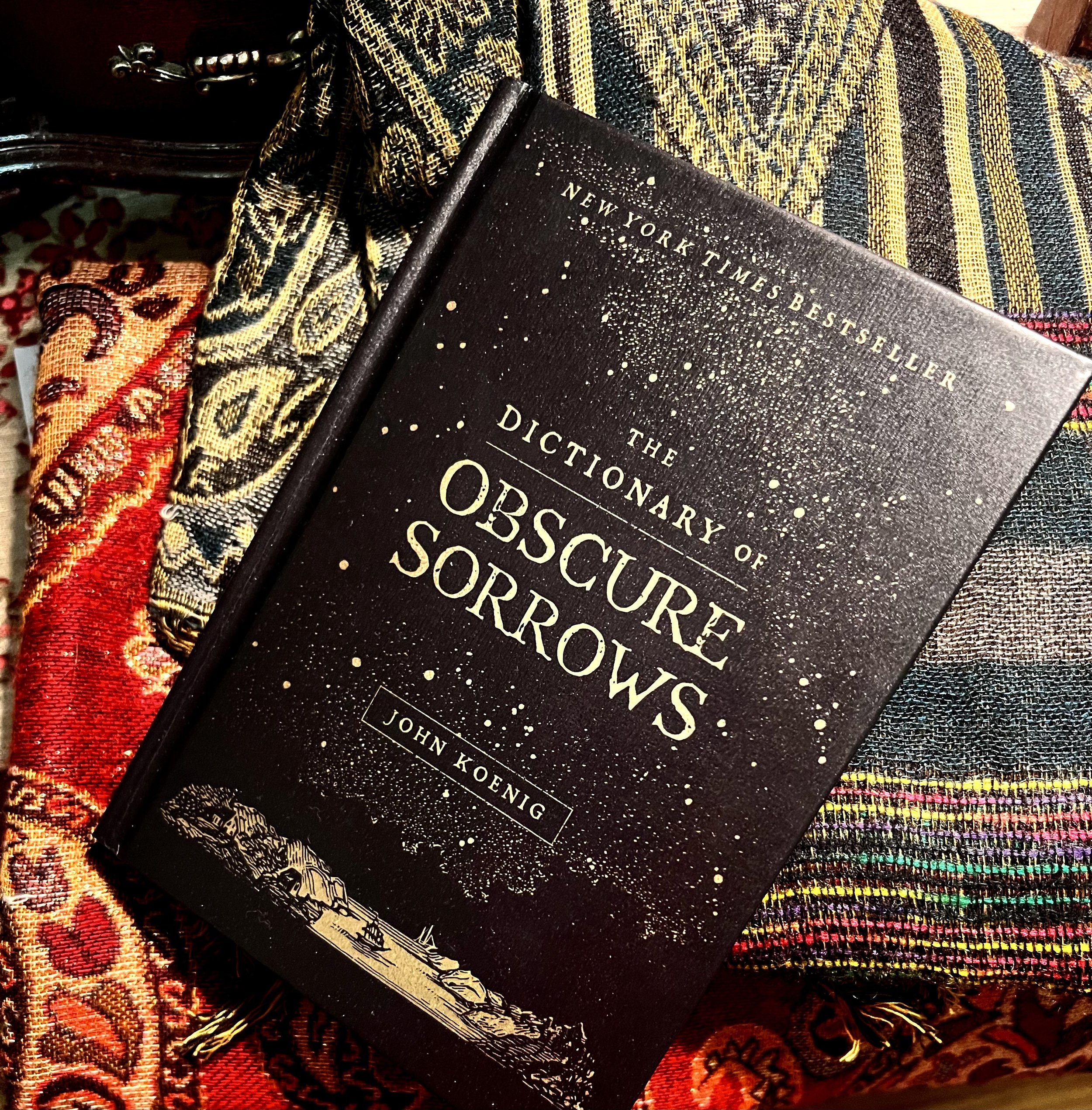
What’s in a name?
Denise Trull on the adventure and possibility inherent in poetic naming

Friday Links
Pope Emeritus Benedict XVI dies
Collegium Institute and Dappled Things present The Lost Women
Paul Pastor on J.V. Cunningham
Living Outside of Time, Gary Saul Morson in NYRB, on Eugene Vodolazkin
How Sigrid Undset went from Secretary to Nobel Prize Winner
Music for the Epiphany, Mater Ora Filium & Where is This Stupendous Stranger
A poem from the DT Archives, “A Roadside Epiphany” by Don Russ

What Rotimi Taught Me
Christopher Mari on the nearness of death
Friday Links

DT’s Explosive Growth in 2022 & Plans for Next Year
Catholic literature was supposed to be dead. So it seemed in 2005 when Dappled Things launched its first issue. But our faith has a knack for resurrection, and now what seems dead is that narrative of decline.

“Nativity of Our Lord and Saviour Jesus Christ,” illustrated with notes, by James Tissot
In this illustration for the lavishly produced Life of Our Saviour Jesus Christ, James Tissot places the episode of Jesus’ birth in one of the caves in the mountains in and around Bethlehem, a departure from visual tradition, which often locates the Nativity in a stable.
Although Tissot spurned the art-historical convention of the halo in his depictions of the Holy Family and the apostles, he endows the infant Christ with a glow that illuminates the face of his adoring mother, who clasps her hands in prayerful reverence.
